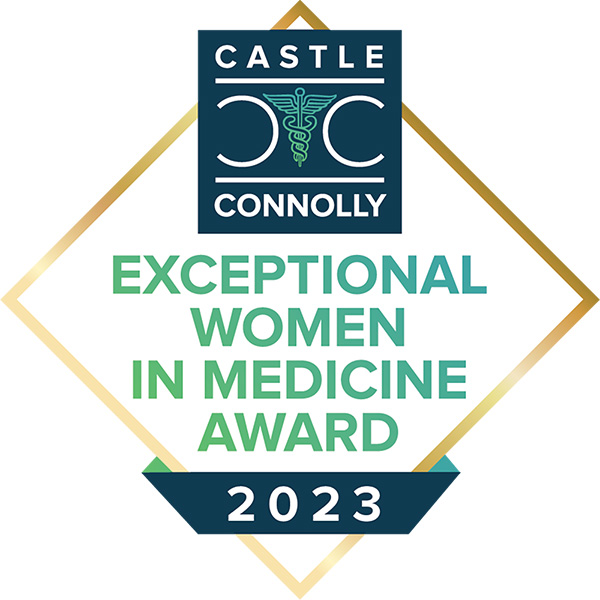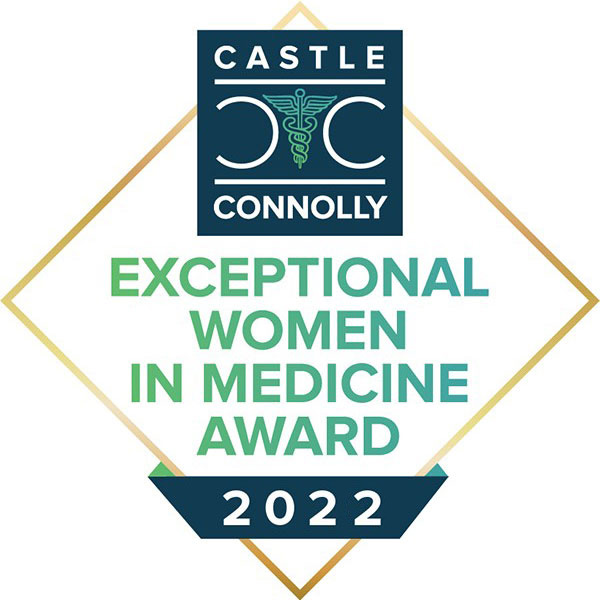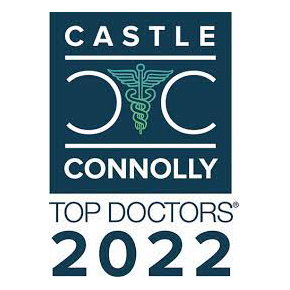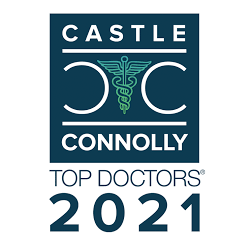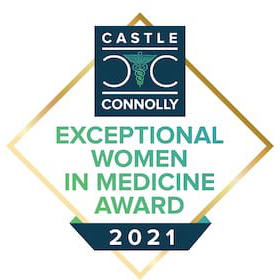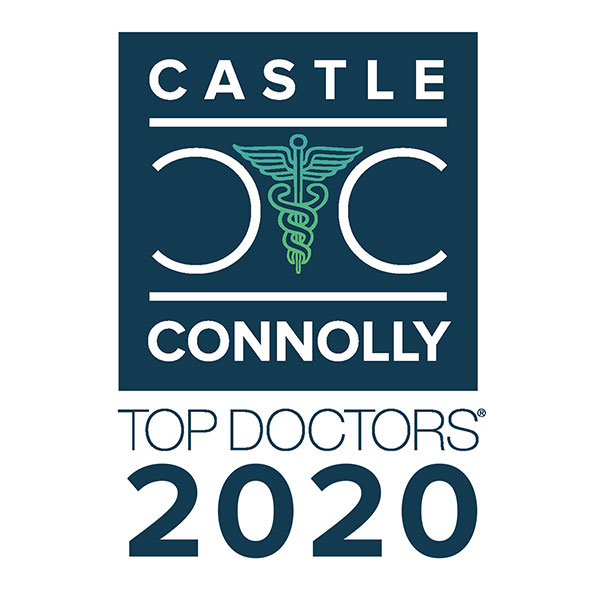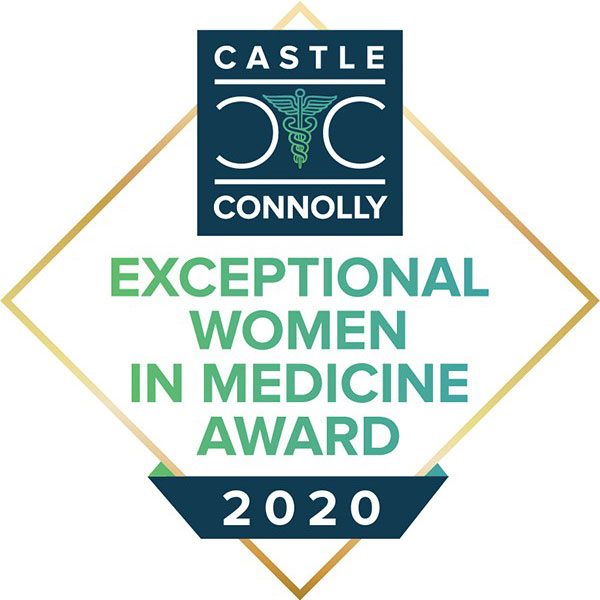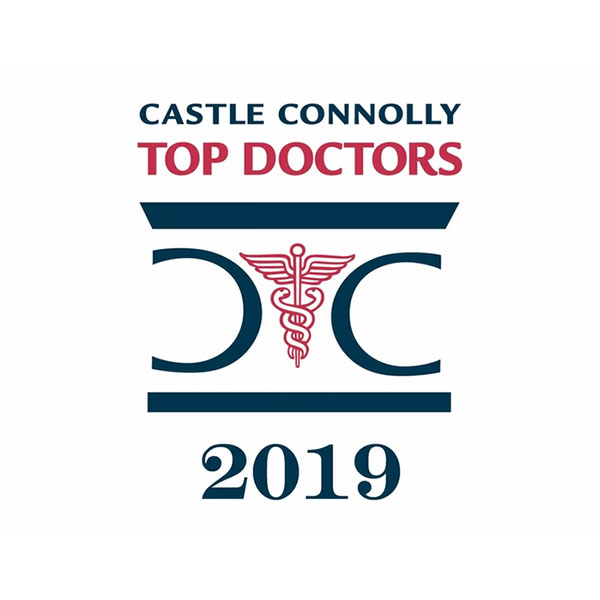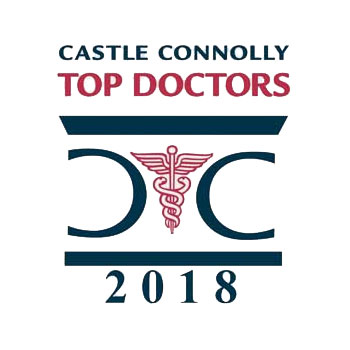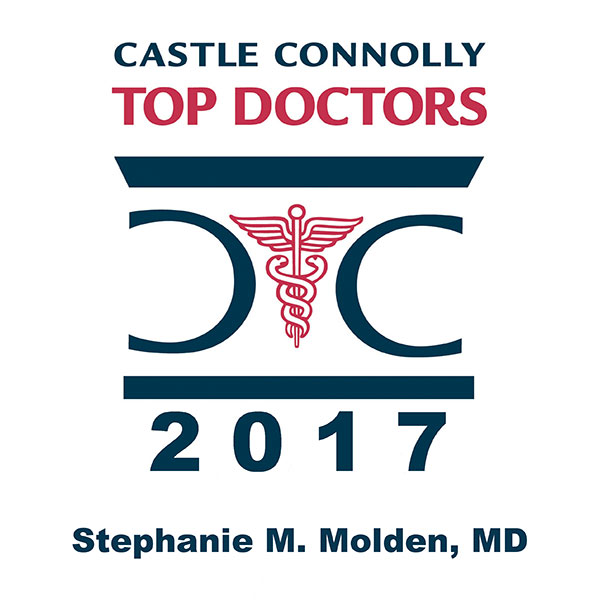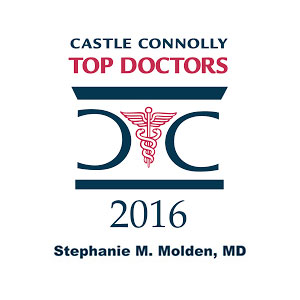Surgery and Procedure Options for Female Pelvic Conditions
Minimally Invasive Surgery
When surgical treatment options are indicated, the Center performs leading edge techniques that have dramatically increased success rates and enhanced patient care and recovery. These often fall under the category of Minimally Invasive Surgery, which we recommend and perform whenever possible. Two key benefits of minimally invasive surgery for female pelvic conditions are:
- We avoid making large incisions, and attempt to perform procedures under sedation and local anesthesia rather than general anesthesia.
- Patients often experience less discomfort following surgery, faster recovery, and less scarring and risk of infection.
Robotic Surgeries
Dr. Molden is experienced in performing robotic surgeries. In fact, she was the first doctor to use the daVinci robotic device at St. Mary Medical Center, where she is also Medical Director of their acclaimed robotics program.
Sacral Neuromodulation (Interstim)
InterStim Therapy is approved for the treatment of overactive bladder, fecal incontinence, and urinary retention in patients who have failed or could not tolerate more conservative treatments, such as medication. InterStim Therapy first received FDA approval in 19971 and has since been provided to more than 100,000 patients worldwide. A potential patient first undergoes test stimulation for 3 to 7 days to see if the therapy might work for her or him. The process to place the test system will occur in either the office, ambulatory surgical center, or the hospital and is a simple noninvasive procedure.
If the test stimulation period is successful and the patient has an improvement in her or his symptoms, the patient may proceed with long-term InterStim Therapy. Clinical studies have shown that for many patients, InterStim Therapy has successful long-term results. Additionally, most insurance payers, including Medicare, will cover the procedure.
Learn more about Sacral Neuromodulation (SNM)
[1] FDA approved since 1997 for urge incontinence, and since 1999 for urinary retention and urgency-frequency.







